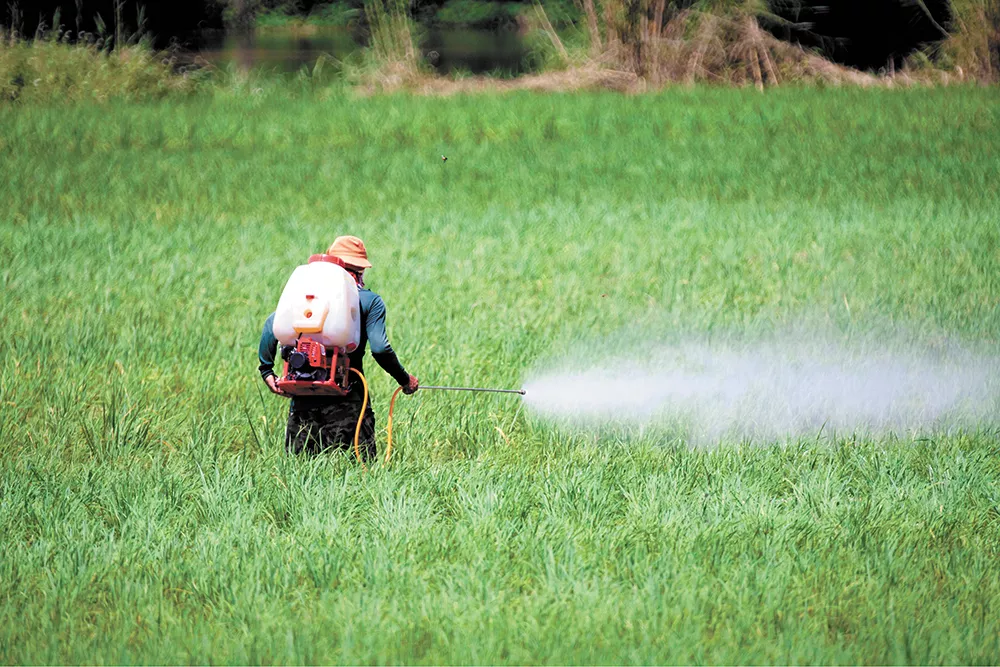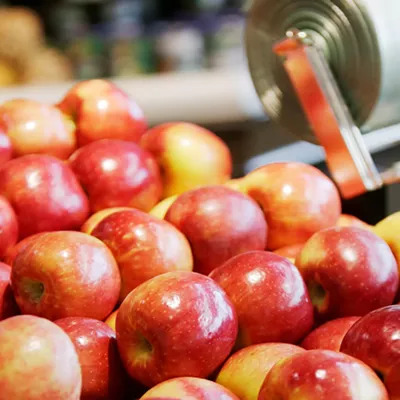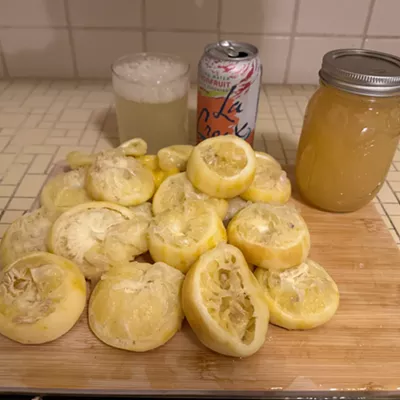If you must consume pesticides, as a general rule, it's better to eat them than to smoke them. Eat food covered in pesticides, and you have the liver to filter them out, and your stomach lining and intestines to help absorb them. But smoke marijuana soaked in highly toxic pesticides?
That's almost as bad as injecting it directly into your bloodstream, argues Jeffrey Raber, co-founder of the California-based Werc Shop marijuana testing lab. A 2013 peer-reviewed study he co-authored found that nearly 70 percent of contaminates end up floating inside the marijuana smoke you're inhaling.
And that, his team writes in the Journal of Toxicology, may "pose a significant toxicological threat in the absence of adequate regulatory frameworks."
In Washington state, marijuana growers are banned from using most pesticides. At least, they're supposed to be. The problem is there isn't any actual regime for testing marijuana for pesticide levels.
"We currently do not test for pesticides, but it's coming," says Brian Smith, spokesman for the Washington State Liquor and Cannabis Board.
It's the consequence, he says, of being one of the pioneers in the recreational marijuana market.
"There weren't any labs in the states that were testing for any of the stuff," Smith says. "For testing for pesticide, you need some very expensive equipment."
Most pesticides used for agriculture are regulated by the Environmental Protection Agency, and pesticide levels in food are enforced by the Food and Drug Administration. But marijuana is still illegal at the federal level.
For now, Smith says, the state only tests products that are associated with specific complaints. And sometimes the people sending in the complaints may have an ulterior motive.
"Often, they're from competitors," Smith says.
In 2016, the Platinum Panda pens from Grow Op Farms in Spokane Valley were recalled for having higher than acceptable pesticide levels. There have been 12 recalls of marijuana crops since December of 2016, according to the LCB — and eight of those are just in 2019.
Pesticides in marijuana, Smith says, have been around for as long as pesticides were existing. That goes for both legal and illegal drugs. According to Business Insider, 90 percent of illegal grow farms raided in California last year contained traces of extremely toxic pesticides.
Meanwhile, other states with legal marijuana implemented specific testing regimes. But some of those states have struggled with the scale of the challenge. A recent audit from the Oregon Secretary of State criticized the state's testing system, noting the lack of ways to prevent growers from scamming the system by fibbing about which samples they'd submitted for testing. When Colorado's mandatory testing regimen was introduced last year, growers grumbled about weathering the additional cost — while a coalition calling itself "#WhatsInMyWeed" complained that the tests aren't expansive enough to detect many pesticides.
"We think it's time to get in line with other states," Smith says. "We think testing for pesticides would add some uniformity across the industry."
One sector of the industry has been particularly active in pushing for mandatory testing in Washington: advocates for medical marijuana. According to the Stranger, one such advocate, John Kingsbury, wrote a letter to the LCB, arguing that the testing failures were so high that he estimated a full third of legal marijuana in the state was contaminated by illegal levels of pesticides.
There's an irony: When it comes to pesticide controls, medical marijuana is actually more regulated than recreational marijuana. The state Department of Health requires medical marijuana to be tested for pesticides. And that's had the impact of distorting the marketplace, Smith says. For most marijuana retailers, it's not worth the hassle or risk to get their marijuana tested in order to be able to legally sell medical marijuana.
"A lot of producers don't want to go through the extra step and run the risk of failing," Smith says.
Smith says the testing requirement is coming, but will probably have to wait until at least 2020.
"This is going to require a lot of work with the industry and the labs to prepare for this," Smith says. "This is going to have a major business impact." ♦
























